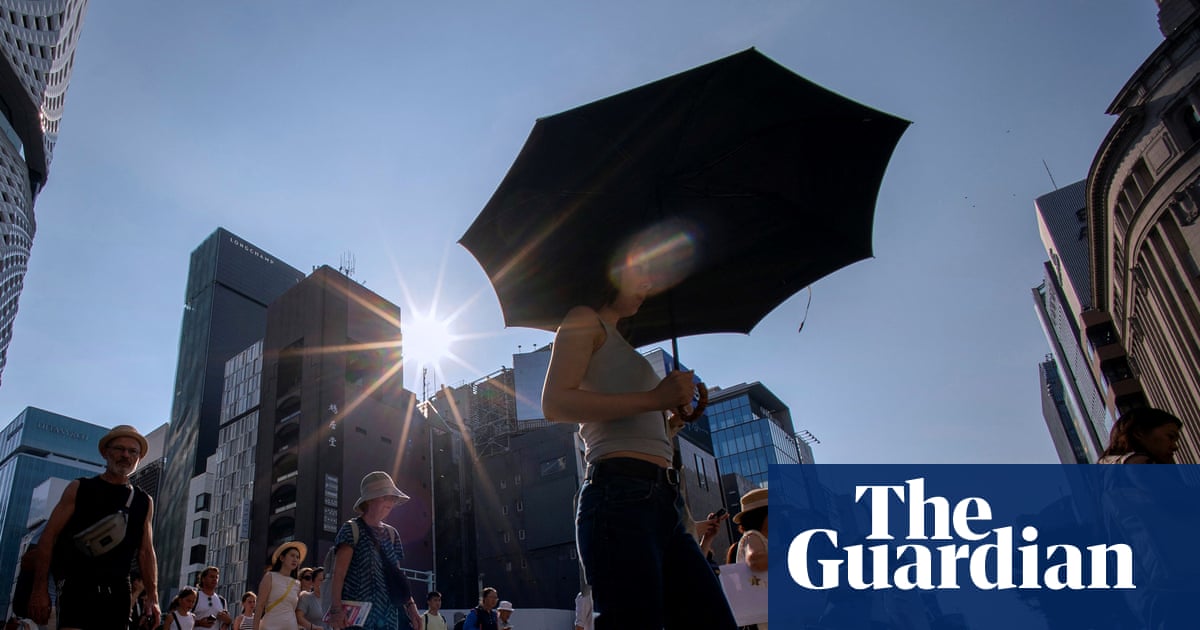
"The world's biggest capital cities are now sweltering under 25% more extremely hot days each year than in the 1990s, an analysis has found. Without urgent action to protect millions of people from high temperatures, more and more will suffer in the dangerous conditions, analysts said. From Washington DC and Madrid to Tokyo and Beijing, the analysis shows a marked rise in hot days as the climate crisis intensifies."
"Global heating caused by fossil fuel burning is making every heatwave more intense and more likely. Extreme heat is likely to have caused the early death of millions of people over the past three decades, with elderly and poor people in fast-growing cities most deeply affected. Global temperatures are rising faster than governments probably expected and definitely faster than they seem to be reacting, said Anna Walnycki, an IIED researcher."
"Failing to adapt will condemn millions of city dwellers to increasingly uncomfortable and even dangerous conditions because of the urban heat island effect. The poorest people will likely suffer the most whether they're in London, Luanda or Lima, but the impacts will be significantly worse in low-income or unplanned communities in the global south thanks to lower-quality housing, she said, noting that a third of the world's city dwellers live in slums or informal settlements."
Capital cities worldwide are experiencing a sharp rise in extreme heat, with an average 25% increase in extremely hot days compared with the 1990s. Days above 35C across 43 populous capitals rose from an average of 1,062 per year (1994–2003) to 1,335 (2015–2024). Rome and Beijing doubled days above 35C, Manila tripled, Madrid now averages 47 days over 35C, and London doubled its days above 30C. Global heating from fossil fuel burning is intensifying and increasing the likelihood of heatwaves. Extreme heat has likely caused millions of early deaths over three decades, disproportionately affecting elderly and poor urban residents. Urban heat island effects and poor housing in informal settlements heighten risks for low-income populations.
Read at www.theguardian.com
Unable to calculate read time
Collection
[
|
...
]